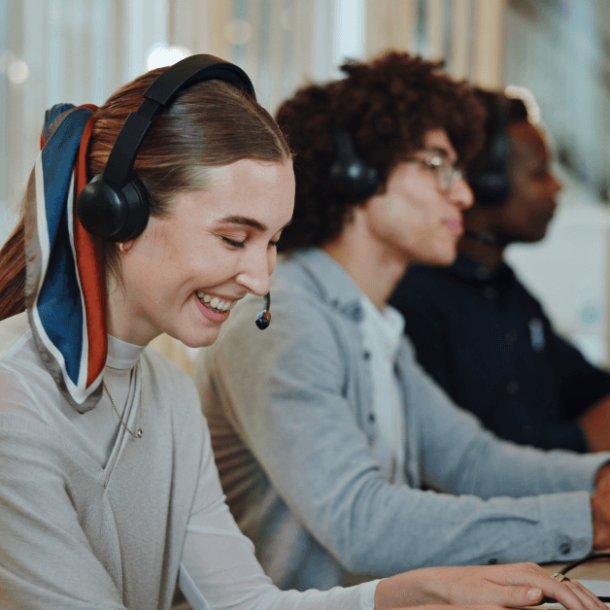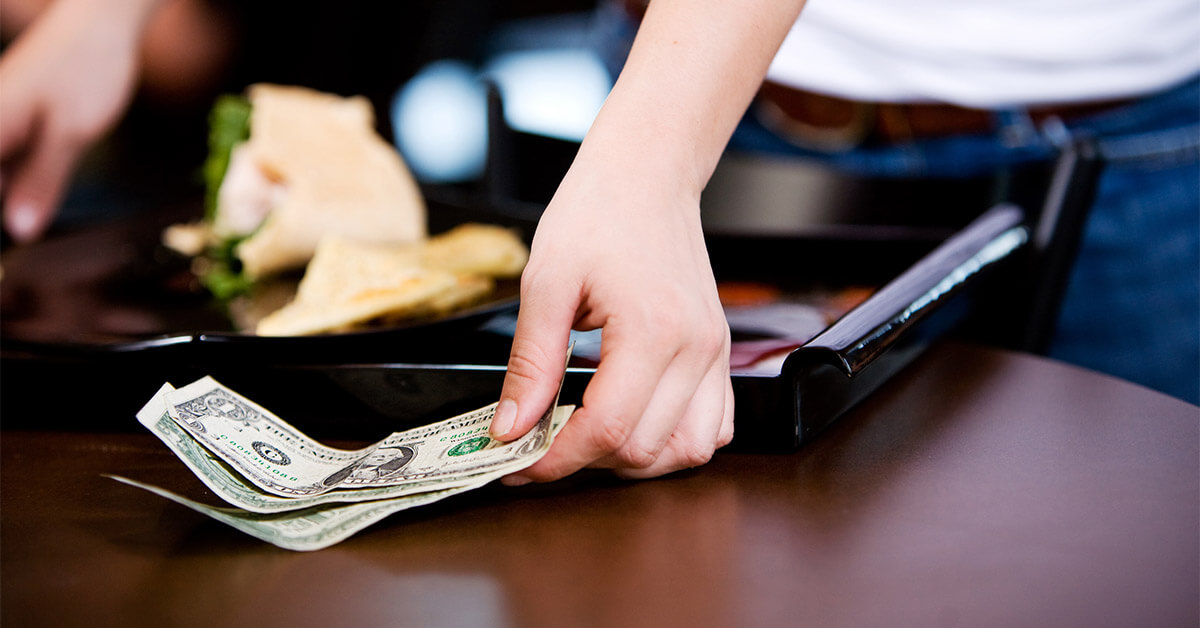
Thwarted Expectations in the Time of COVID-19
As the threat of COVID-19 continues to dominate the national conversation, dictate our daily routines, and cast a dark shadow over the national economy, I cannot help but think of a time before the pandemic took hold, when a different illness I hadn’t seen coming robbed me of something I’d loved and the structures I relied on to navigate my grief.
In mid-February, my cat of fifteen years was diagnosed with intestinal cancer. Pange had been perfectly healthy all his life, and I’d hoped to have him twenty years or more. The news was a bolt from the blue. Pange had shown no signs of illness until he lost a significant amount of weight in just a few days, and so I’d taken him to the vet. When the doctor said surgery was not an option, I took Pange home and gave him his favorite treats, blankets, and toys.
As my cat’s health continued to decline, people in my home state of Florida were becoming ill with COVID-19. The governor recommended social distancing. Then he ordered businesses to close. The beaches were next. Meanwhile, Pange was having more trouble walking and was too weak to eat even his favorite foods. When I took Pange to the vet for palliative treatments, I couldn’t bring him inside. A veterinary technician handed me syringes of morphine from behind a glass shield.
By the end of March, Pange’s pain had become too much, and it was time to let him go. For this procedure, Pange would need to enter the office, and I expected I’d be able to be with him—to comfort him as he slipped away. But due to COVID-related CDC restrictions, a technician explained, my family and I had to say goodbye to Pange outside.
The sky was cloudless and blue. The sun shined. Birds sat on a telephone wire. I stood in the empty parking lot with Pange in my arms, cradling him like a baby, and he looked up at the sky. Then he looked at me, reached out a paw, and touched my chin. This was goodbye.
What a strange, hateful thing, cancer. A sickness we cannot combat, a sickness we cannot see. A sickness as devastating as it is elusive. Like COVID-19.
*****
Much like my cat’s cancer diagnosis, COVID-19 struck without warning. And as it has in other parts of the world, the pandemic has had a catastrophic impact on America. Tens of millions of Americans have lost their jobs. Tens of thousands have lost their lives. Making matters worse, COVID-19 has diminished our ability to navigate the stress, fear, and grief it has caused. Families are saying goodbye to loved ones via video chats and through glass walls. Our workplaces, schools, gyms, bars, restaurants, and even homes are closed to gatherings, leaving us without the ability to leverage our social networks to shore up feelings of safety, security, or comfort.
As we grapple with all these losses, the world is beginning to reopen, little by little. Still, the question remains: what will this look like? Restaurants may unlock their doors, but red tape will mark tables that are off limits. Businesses may reopen offices but still rely on reduced workforces and virtual meetings. More of the economy may be coming back to life, but financial help will still be necessary for people struggling to get out from under COVID-related debt.
PayActiv recognizes the losses so many workers have faced—and are still facing—due to COVID-19. We surveyed 12,000 employees across 955 businesses and discovered that hourly workers were more concerned with loss of job income (46 percent) and the inability to feed their family (25 percent) than their own health (18 percent). To help counteract the unprecedented financial and psychological damage the pandemic has already caused, PayActiv is committed to helping workers navigate the lockdown and the nation’s reopening.

As a holistic financial wellness company that provides Earned Wage Access (EWA) to more than one million workers, PayActiv has waived its membership fees for all users for the duration of the COVID-19 crisis, extended this fee waiver to OnShift, and created the Access Foundation, whose mission is to collaborate with charitable organizations and individual donors to directly alleviate financial hardship experienced by millions of American workers. PayActiv is also expanding workers’ ability to leverage tools on its platform—tools that can help them navigate the post-COVID “new normal.” PayActiv’s savings and budgeting tools, free online bill-pay program, individualized advisory services, and more can all help users regain their financial footing and plan for whatever may be next.
As the world reopens for business, PayActiv invites employers to join our efforts to support workers’ ability to weather the COVID-19 crisis and help America get back to work. To learn more about PayActiv’s services and the Access Foundation, please visit PayActiv Foundation.
Get Payactiv for your business
Related Articles
Key takeaways: Automated cashless tips provide a secure and efficient way to...
The heart of every business is its employees, and these employees need to be...
February is Black History Month, a time to honor the rich history, vibrant...
© 2025 Payactiv, Inc. All Rights Reserved
24 hour support: 1 (877) 937-6966 | [email protected]
* The Payactiv Visa Prepaid Card and the Payactiv Visa Payroll Card are issued by Central Bank of Kansas City, Member FDIC, pursuant to a license from Visa U.S.A. Inc. Certain fees, terms, and conditions are associated with the approval, maintenance, and use of the Card. You should consult your Cardholder Agreement and the Fee Schedule at payactiv.com/card411. If you have questions regarding the Card or such fees, terms, and conditions, you can contact us toll-free at 1-877-747-5862, 24 hours a day, 7 days a week.
** Central Bank of Kansas City does not administer, nor is liable for earned wage access.
Payactiv holds earned wage access services (EWA) license number 2591928EWA with the Wisconsin Department of Financial Institutions.
Apple and the Apple logo are trademarks of Apple Inc., registered in the U.S. and other countries. App Store is a service mark of Apple Inc., registered in the U.S. and other countries.
Google Play and the Google Play logo are trademarks of Google LLC.
Galaxy Store and the Galaxy Store logo are registered trademarks of Samsung Electronics Co., Ltd.




